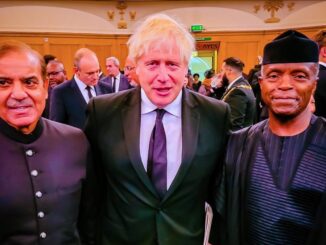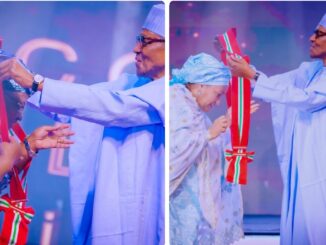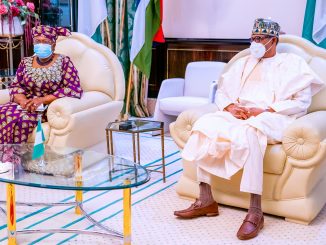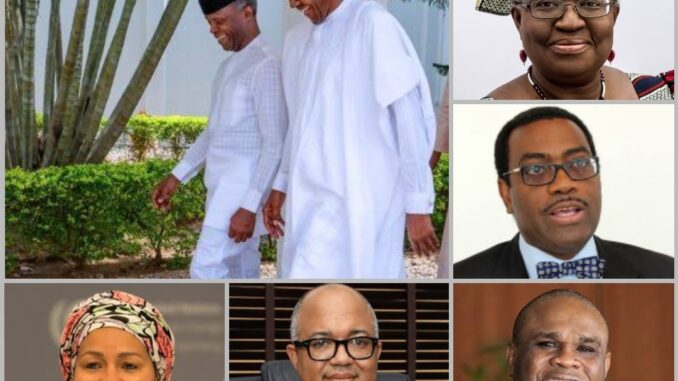
Aina Detola reflects on the rise to global prominence of the most notable figures in Nigeria, among whom are Ngozi Okonjo-Iweala, Akinwumni Adesina, Amina Mohammed, Benedict Oramah and Chikwe Ihekweazu, who have not only hit the national height of achievement in their chosen career fields, but also broke the glass ceiling to shoot into the international limelight and appointment under the current President Muhammadu Buhari and Vice President, Prof Yemi Osinbajo SAN, administration. Suffice it to say that these men and women of great talent and courage got the opportunity to serve their fatherland through various government appointments and support to international offices, the commentator says they not only delivered well but also took the right steps anytime they must walk on that inflexible political field fitted with landmines which have blown off many equal but luckless professionals and technocrats.
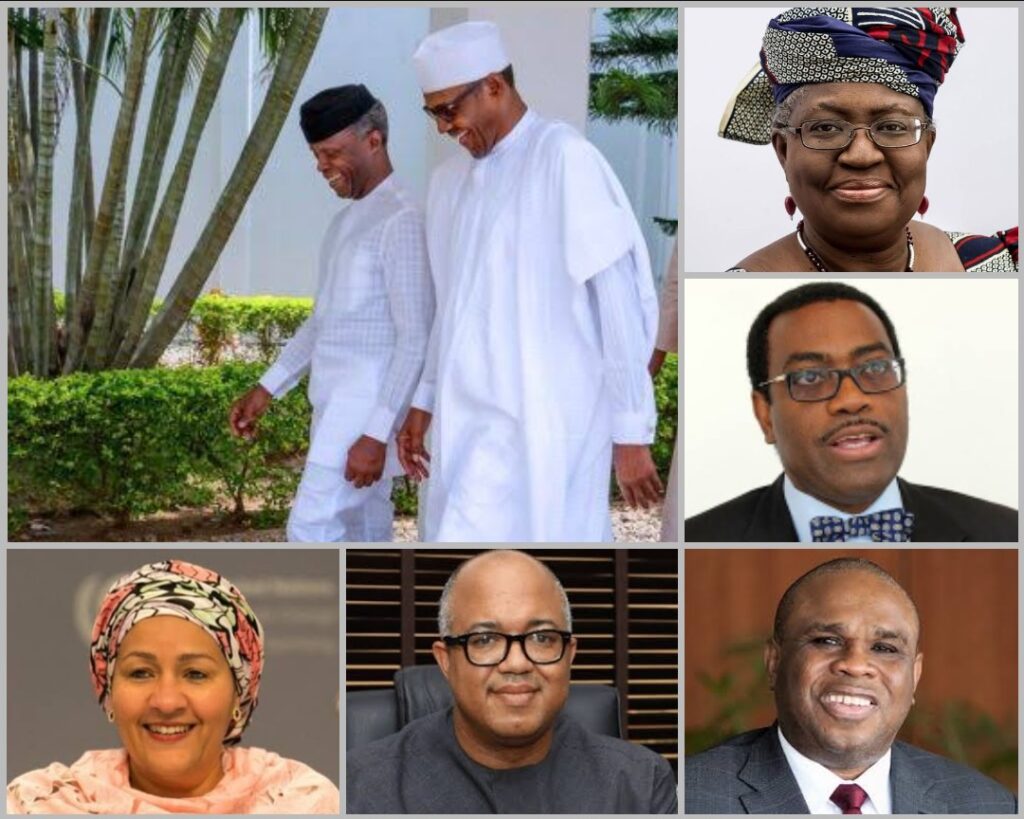
It was the great French philosopher, Bernard of Chartres who used to compare us to dwarfs perched on the shoulders of giants. The teacher of logic and grammar at the Cathedral School of Chartres pointed out that we see more and farther than our predecessors, not because we have keener vision or greater height, but because we are lifted up and borne aloft on their gigantic stature. Only that this time around, the context is not about philosophy or pedagogy but politics and how the power thereof can make or mar human resources with huge potentials.
Anywhere in the world government is powerful, likewise the political office holders right from the national to the subnational level. They are exposed to vast array of talents and professionals who can help in fields that require experts and they appoint such that we call “technocrats” in our political lexicon. Albeit, they are not shy of bringing down such experts and professionals no matter how highly placed they are especially for political correctness; after all political leaders have been vested with such power right from their announcement as winners at the polling booth. This doesn’t only go for professionals or technocrats but also businessmen who misplace their steps politically. The recent trouble of China’s most richest man, Jack Ma easily comes to mind as his high-tech business empire – which included Alibaba, the “Amazon of China” has been forced to bite the dust after bluntly criticising the Chinese government through his speech on a public stage.
Without further ado, who are the most notable individuals who have done our nation proud in their chosen endeavours with the firm support of the current administration and have bagged international appointments after their stellar performance got noticed beyond our shores?
Amina Mohammed
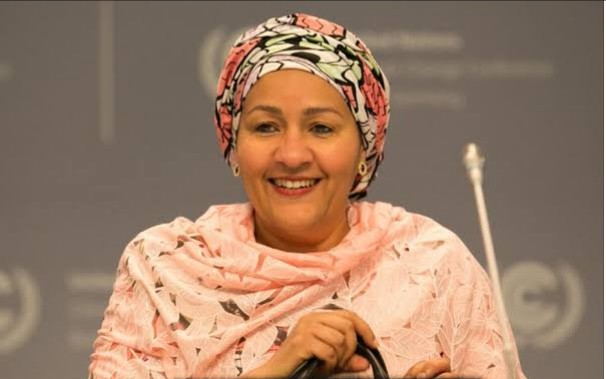
The light-skinned Nigeria and United Kingdom-trained development expert Amina Mohammed, was acclaimed in Nigeria as one of the administration’s most vibrant and best-performing appointees – since she took office in 2015 as a Minister of Environment, where she steered the country’s efforts on climate action and efforts to protect the natural environment.
Ms. Amina was born in 1961 in Kaduna State. She began her career working on the design of schools and clinics in Nigeria. She served as an advocate focused on increasing access to education and other social services, before moving into the public sector, where she rose to the position of adviser to four successive Presidents on poverty, public sector reform, and sustainable development.
On the 28th of February, 2017, Amina became the second African woman to be appointed to the role of Deputy Secretary-General of the UN. The first being Tanzania’s Asha-Rose Migiro, who served in the role between 2007 to 2012 under Ban Ki-moon. Nigeria’s President Buhari had endorsed her selection, calling it “excellent” and that “Nigeria has been honoured.”
A joyful Amina Mohammed couldn’t but employ superlatives to appreciate the enormous support she got from the Buhari-Osinbajo led administration. In her own words, “The opportunity and responsibility to serve people and planet as the next UN Deputy Secretary-General is truly humbling. I am most grateful for the confidence and trust demonstrated by the UN Secretary-General-designate António Guterres and President Muhammadu Buhari.”
Since 2017, She has gone on to be re-appointed to the same role in June, 2021 and hasn’t ceased from appreciating the government back home for every form of support.
Akinwumi Adesina
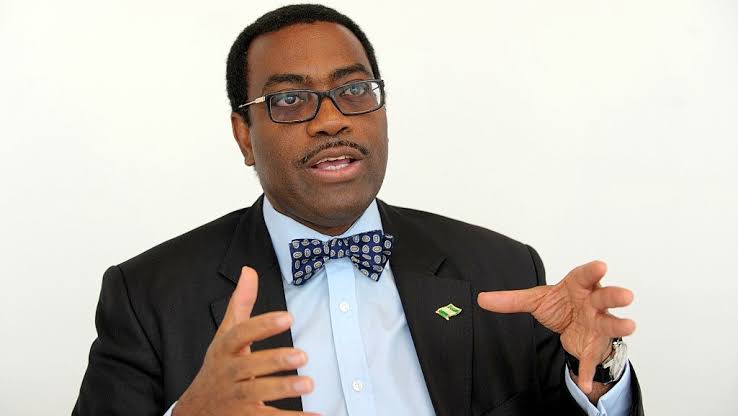
On the 27th of August, 2020 Akinwunmi Adesina was re-elected as President of the African Development Bank (AfDB).
Adesina, who hails from Ogun State in South-West Nigeria, was born on February 6, 1960. He is an economist, who had previously served as Minister of Agriculture and Rural Development under the former President Goodluck Jonathan-led government. He is the first Nigerian to be elected AfDB President and well deservedly, he got his second term though not without intrigues and fireworks. In a petition by a so-called faceless “Group of Whistleblowers,” Adesina was accused of 20 breaches of the bank’s code of conduct. The bank soon activated a review by an independent panel who later found the allegations to be frivolous and, thereafter, cleared him.
At a ceremony after his re-election, Adesina thanked God, those who supported him and specifically eulogized the Nigerian President and his cabinet for the support shown to him. In Adesina’s word, “I would definitely not be here without the extraordinary support of my country, Nigeria, and my President H.E. Muhammadu Buhari. You nominated me, you stood by me, you supported me. Thank you very much, sir.”
Ngozi Okonjo-Iweala
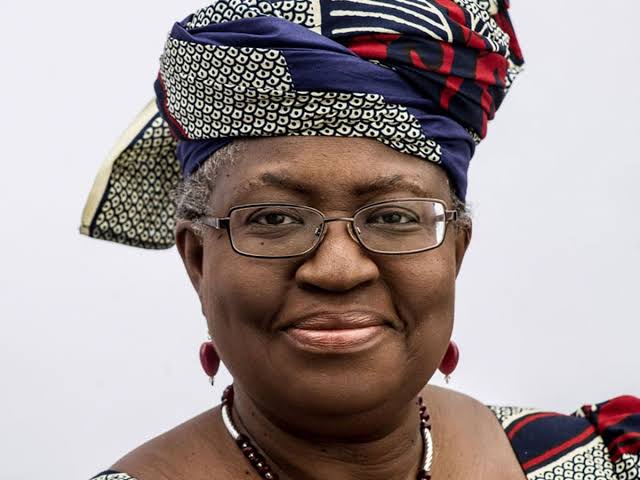
Dr Ngozi Okonjo-Iweala is more or less a household name. Born in Delta State Nigeria on the 13th of June 1954, she rose to become an economist, a two-term former Minister of Finance in Nigeria, from where she earned the title, “Coordinating Minister.” She sits on boards of Danone, Standard Chartered Bank, Twitter, Mandela Institute for Development Studies, Carnegie Endowment for International Peace, Georgetown Institute for Women, Peace and Security and others.
After finishing her tenure under the previous administration, she never backed down in her desire to serve humanity. She dreamt bigger and gunned for a role like emerging as the seventh head of the global trade organization, only that this time round, it wouldn’t come easy! After fulfilling the 19th of the 25 step procedures for the appointment as the Director-General (DG) of a World Trade Organisation (WTO) contained in WTO Agreement, WT/L/509 of January 20, 2003, the U.S. government backed down and said it opted to root for the Korean Trade Minister as the next WTO Director-General because of her credentials as “a bona fide trade expert.”
At this junction, the contest switched gear and it would take more than the individual strength of Mrs Okonjo-Iweala to pull through. Thanks to Nigeria’s President, Muhammadu Buhari, and able backup from Vice President Yemi Osinbajo. Reports have it that he took it up personally and saw the contest as a task that must be “delivered by all means.” He was being reported to not only worked on the phones and exploited his contacts amongst colleagues and global leaders, but also pressured diplomatic channels to mobilise support for Okonjo, the blessed Nigerian candidate.
At last, Okonjo Iweala emerged as the Director-General of the World Trade Organisation, being the first woman and first African to lead global trade body. Like others before her, she couldn’t but express her deepest gratitude to the Presidency. And in showing her appreciation, Okonjo-Iweala, on Monday, March 15, 2021 paid a courtesy call on President Muhammadu Buhari, at the Presidential Villa, Abuja, as she arrived in Nigeria in a five-day visit.
In her delegation to Aso Rock were Niyi Adebayo; Minister of Industry, Trade and Investment, Geoffery Onyeama; Minister of Foreign Affairs, Maryam Katagum; Minister of State Industry, Trade and Investment. In her own words, “I felt I had to come to Nigeria first to say thank you to the President for his nomination and his support throughout the campaign, when he signed so many letters, talked to so many Heads of State to make it happened. I also thank the Chief of Staff to the President, Prof. Ibrahim Gambari, who was so instrumental in making sure that I was encouraged to stick to the campaigns and he also worked very hard with the various Heads of State to support my nomination.’’
Okonjo- Iweala, the 66-year-old ex-World Bank Director, returned to the Presidential Villa the following day, now, to thank the Vice President also for his unalloyed support through the long and arduous process that saw her emergence as the first African and first female Director-General of the global trade and settlement body in the over 26-year record of the organisation.
Benedict Oramah
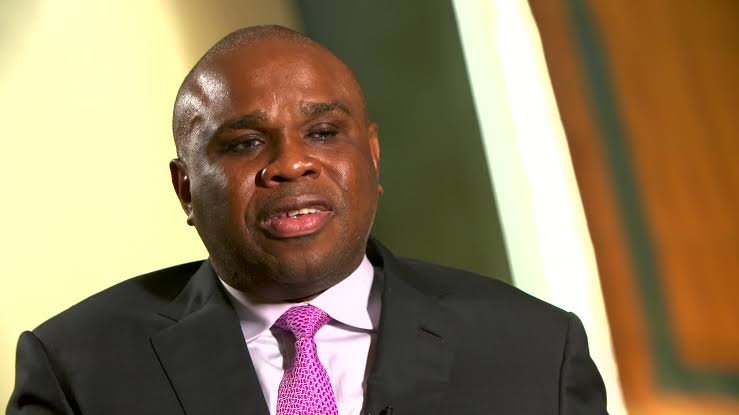
One of Nigeria’s shinning light in international organisations is the President and Chairman of the Board of Directors of the African Export–Import Bank (Afreximbank), Dr Benedict Okey Oramah.
He is an Alumni of the Obafemi Awolowo University bagging M.Sc. and Ph.D. degrees in Agricultural Economics, obtained in 1987 and 1991 respectively from the same university, Ile-Ife. He had earlier attended the University of Ibadan in 1983 where he earned his first degree in Agricultural Economics.
Oramah became the Afrexim bank president in September 2015 and Nigeria’s President Muhammadu Buhari has never shied from showering praises on Oramah saying that, “the Bank, through its dynamism and tenacious leadership, had proved that Africans could come together to build something meaningful.” Under his leadership, the pan-African institution has been playing a leading role in supporting businesses and countries on the continent and has always been willing to come back home in partnering with the government of the day in its economic efforts.
Chikwe Ihekweazu
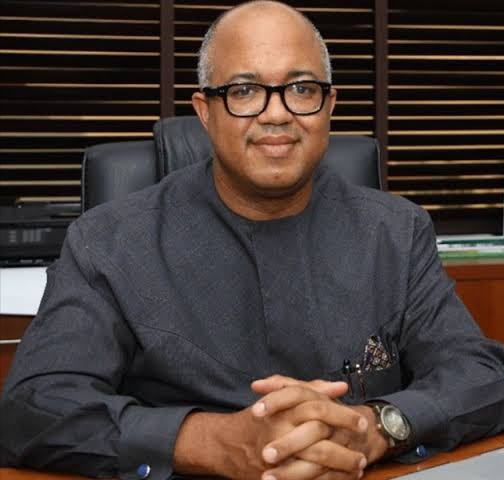
On the very recent list of home stars flourishing into international limelight under the Buhari-Osinbajo- led administration is Dr Chikwe Ihekweazu, a Nigerian epidemiologist and public health physician who was appointed as the Director-General of Nigeria Centre for Disease Control (NCDC) in August, 2016. This was a year when no one could ever imagine a terrific pandemic such as the Covid-19 virus would ravage the world and put to true test the capability of most nations of the world in medical preparedness and response. Dr Chikwe ended up being a very needed round peg in the round hole.
Ihekweazu was born in the small university town of Nsukka, Enugu State in the year 1971 where he obtained his foundational education, his secondary school education as well as MBBS from the University of Nigeria, Nsukka before travelling out for more studies. It is not an understatement to say that most Nigerians didn’t know much about the NCDC before the emergence of Dr Chikwe, thanks to the Coronavirus outbreak in the early year 2020. The epidemiologist became the first substantive head of the disease agency in November 2018 following the signing of the NCDC act into law and like every other bonafide health practitioner, he stepped up and gave all to his fatherland in the fight for public safety.
Nigeria, a country with its medical health challenges was ideally never going to compete with the advanced nations of the world on such turf but surprisingly, it was a different case on the issue of the Covid response. Men like Dr Chikwe led from the front and the country courted the sight of world, recording low fatalities and setting a good example for others to follow. It was no surprise that in August, 2021 the Director-General, World Health Ornanisation (WTO), Tedros Ghebreyesus, appointed Dr Chikwe Ihekweazu as the deputy in charge of health emergency intelligence at the global health organisation even while still serving as the head of Nigeria’s infectious disease agency. He is expected to assume the new office in November 1, 2021, and will be in charge of WHO’s pandemic and epidemic response hub in Berlin, Germany.
With those lifted above and several more, it is safe to say that many technocrats of Nigerian descent in the country and outside who are worth their salt have gotten the necessary backing of the Buhari-Osinbajo administration in pushing further in their chosen fields when higher calling knocks. Ethno-political biases seem not to have a way in influencing the decision of the current administration on who to support or not on the global stage. In the light of these recent developments, it can be easily inferred that the Nigerian brand and bonafide Nigerians come first. It doesn’t matter whether one is a censurer of the Buhari-Osinbajo-led administration, the undisputable fact remains that they have continue to show leadership in the most apolitical manner, and have offered the required support when need be for the Nigerian stars on the global stage irrespective of their tribe, religion, political party affiliation, personal philosophies, gender, or other status.


